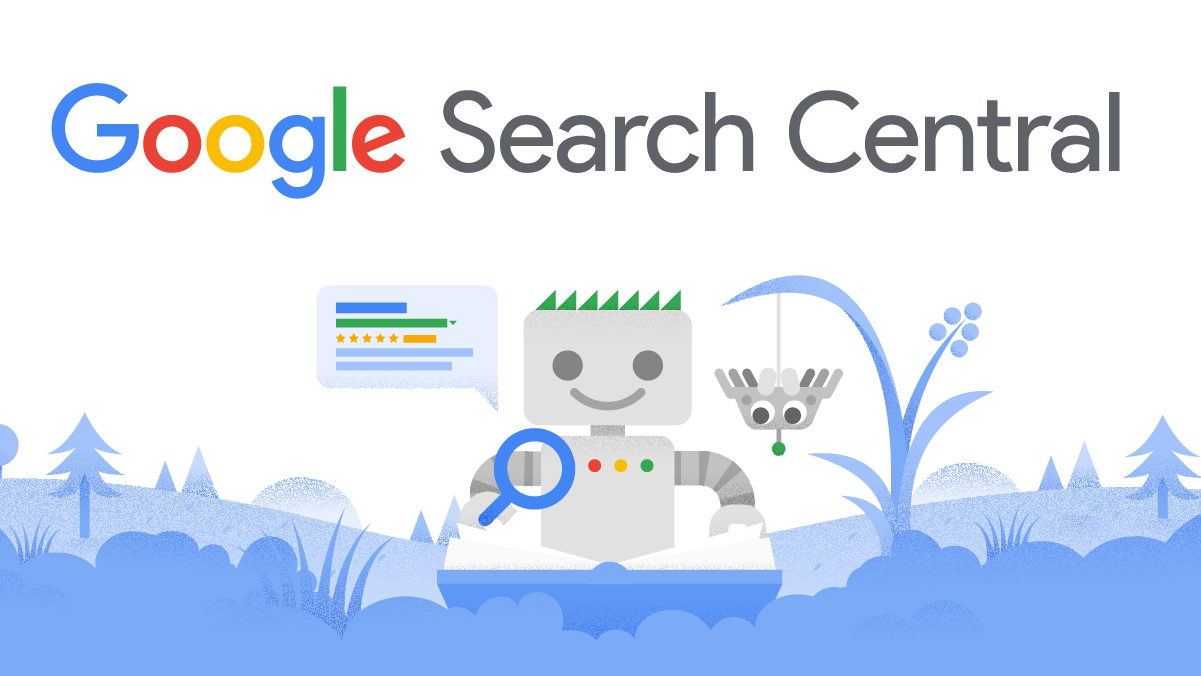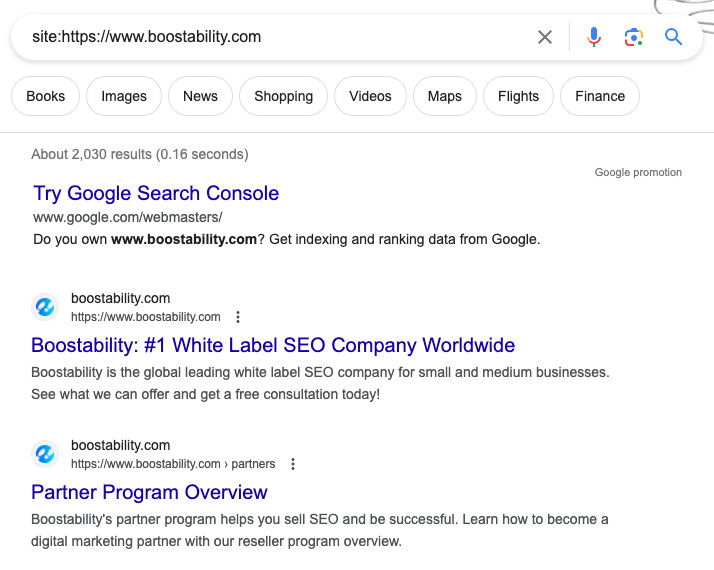What is the Difference Between Crawling and Indexing in SEO?

If you’re new to the SEO industry, you may have heard the terms “crawling” and “indexing” often used.
If they seem like entirely foreign terms and you don’t understand what they mean, don’t worry. With the complexities of today’s digital world, it’s challenging to keep track of everything that goes on behind the scenes. However, they’re not as complex as they seem, and our team is here to help.
Within this article, we’ll first define both terms and what they mean within the context of SEO (search engine optimization). We’ll also answer the question: “What is the difference between crawling and indexing in SEO”? Let’s get started!
Table of Contents
- What Does “Crawling” Mean?
- What Does “Indexing” Mean?
- What is the Difference Between Crawling and Indexing in SEO?
- How To Check if Your Site is Being Crawled and Indexed
- The Importance of Search Engines Crawling and Indexing Your Site
What Does “Crawling” Mean?
In the context of SEO, the term “crawling” refers to the process by which search engine bots systematically browse and access web pages on the internet. The bots are commonly referred to as “spiders,” which is where the term “crawlers” and “crawling” comes from. The crawler bots follow links from one page to another, collecting information about the content and structure of each page.
Crawling is an essential aspect of SEO, as it allows Google (and other search engines) to discover, index, and rank pages on the web. Google crawlers analyze the content and links within a website to determine the relevance and trustworthiness of the content. Once they crawl the page and collect this information, the search engine algorithm ranks the content based on their parameters.

(Source: Google)
What Does “Indexing” Mean?
Indexing is defined as the process of storing and organizing web pages that search engine bots have crawled. After a crawler accesses a page, the data collected is then added to a search engine index. The index is a massive database containing information about the content and characteristics of millions of web pages.
Indexing is a vital step in search engines’ displaying quality information to users. It allows search engines to display relevant web pages in response to search queries. Search engines will use individual page indexing to look at the site’s meta tags, descriptions, and content. As they find specific keywords on the page, it increases the chances for the page to rank for the related keyword.
What is the Difference Between Crawling and Indexing in SEO?
“Crawling” refers to the process by which search engine bots systematically browse website pages. “Indexing” refers to search engines storing and organizing pages that have already been crawled.
Crawling precedes indexing, as search engine bots must crawl web pages to gather information before it can be indexed and made available for search engine results. The two processes are deeply interconnected as search engines sift through the database of all the content on the web.
Within the SEO community, crawling and indexing are often used interchangeably. For example, a client may ask, “Has the site been crawled yet?” or “Does this page need to be indexed?” This isn’t a problem, as crawling and indexing in SEO are tied together. However, as an SEO expert or web developer, it’s essential to understand the differentiation between the two concepts.
How To Check if Your Site is Being Crawled and Indexed
Ensuring your website pages are being crawled and indexed is fundamental for your site pages to rank on Google. To check, you can use a few different tested methods. You can either test manually through Google Search or use Google Search Console. In this next section, we’ll go over how to check and the benefits of both.
Method #1: Manual Check (Input “Site:” Before URL)
The easiest and fastest way to check if a web page is being crawled and indexed is to perform a manual check. Follow these steps:
1. Visit the page that you would like to check.
2. Within the URL search bar, double-click to highlight the entirety of the URL.
3. Before the http or https, input “Site:” and hit enter.

Once you click enter, you should see the Google search page with either no, one, or multiple results. If there aren’t any results, the page has not been crawled or indexed by Google. If there are results, double-check to ensure the specific page you want to check is listed.
4. Once you find the page, click the three dots next to the URL and above the link (title tag).
5. Clicking the three dots indicates when the page was first crawled and indexed.

Method #2: Check with Google Search Console
The second tested method your business should check is through Google Search Console tool. Search Console provides a lot of data and information that is used in various ways. It can quickly check whether a page has been crawled and indexed, along with several other useful tools. In addition, you can use Google Search Console to prompt Google to crawl and index specific pages.
![]()
Follow these steps to get started:
- Set up a Google Search Console account.
- Once your property is verified, navigate to the search bar at the top of page.
- Input the full URL that you would like to check.
- Search Console will inform you whether the page has been crawled or indexed.
- Select “Request Indexing”.

If the page hasn’t been crawled or indexed, you can easily submit a request by selecting “Request Indexing.” You can still request indexing anytime if the page is indexed but recently updated.
The Importance of Search Engines Crawling and Indexing Your Site
To increase your online visibility, search engines need to crawl and index your site. It’s one of the most crucial steps in the SEO process. If Google (and other search engine crawlers) don’t know the site exists, the location can’t rank at the top of search results. Fortunately, Google has systems to crawl automatically and index web pages. However, checking if search engines are crawling your website consistently is a good idea.
As search engines crawl your website, it allows you to rank at the top of search results. An effective SEO strategy will help your website rank higher on search engines, increasing your online visibility. As more potential customers find your site through keywords, the more traffic and revenue your business receives.
Improve Your SEO Strategy: Partner With Boostability
As the #1 SEO partner program worldwide, our team is committed to helping small businesses succeed online. Our team of experts is dedicated to monitoring trends and best practices within the search engine marketing industry. If you’re a business looking for ways to expand your product offering, partner with our team today! It’s simple: we help you sell and service it, and you get the credit.
Reach out to our team today to learn more about how our white-label SEO services can help your business grow!

